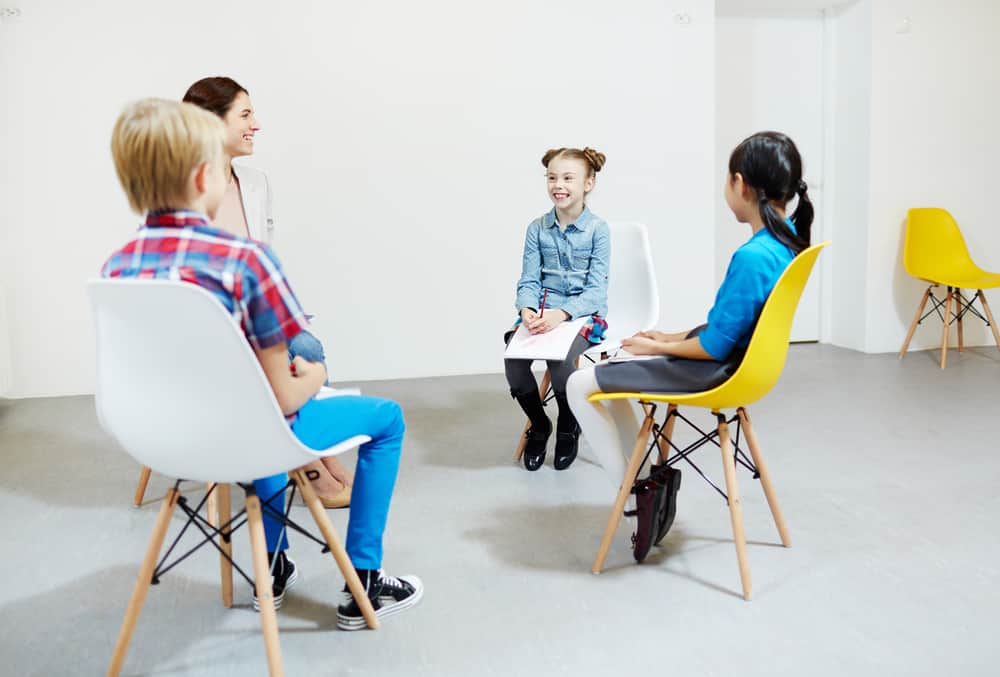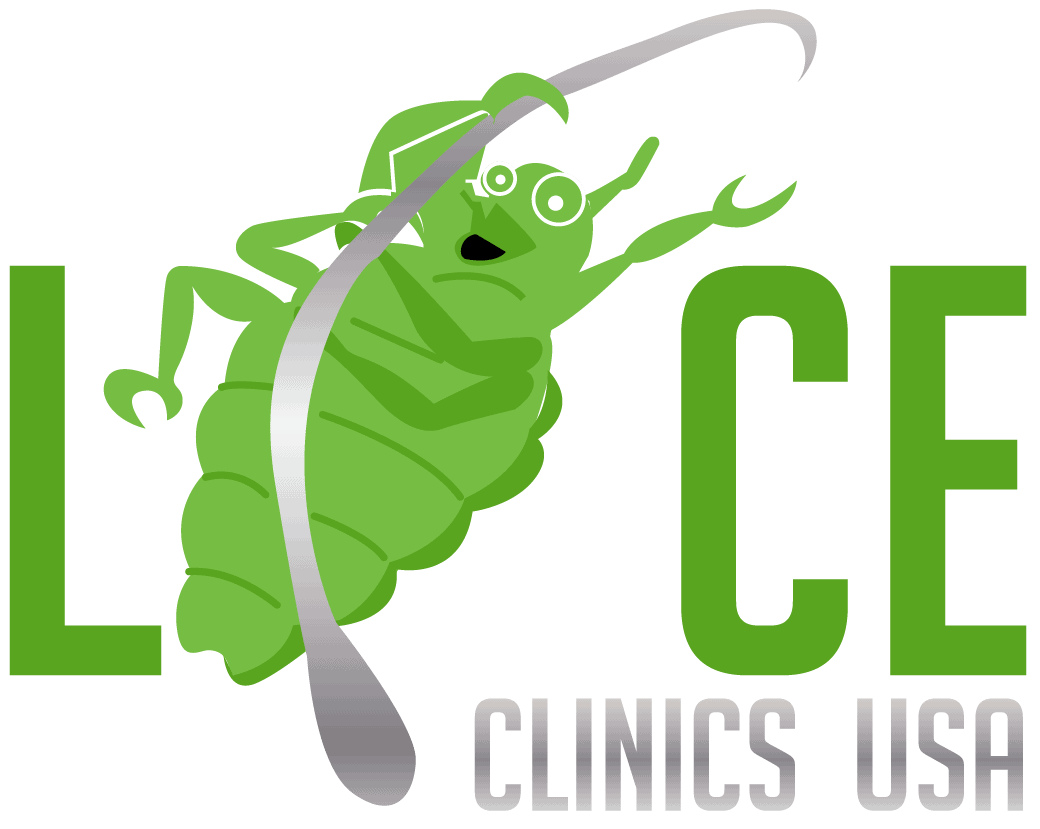We Questioned Kids About Head Lice. The Results Are In.

Head lice are a worldwide problem. Here in the United States the Centers for Disease Control and Prevention reports that children between the ages of 3 to 11 are the most likely to become infested with head lice. In fact, it is estimated that up to 12 million children will catch head lice each year in the U.S. at their daycares, elementary schools, jr. high and high schools, extracurricular activities and group events.
Why are Children More Susceptible?
Children tend to play, read, work and participate together in close-knit groups. Head lice are passed through direct head to head contact more often than any other way. They do not fly, jump or hop and therefore children who spend time in close proximity to one another are more likely to pass on head lice to others. They are also not as aware of boundaries. Children share things, they hug everyone and are not afraid to get up close and personal.
What are Kids Thinking When They Catch Head Lice?
A recent group of children who were treated at a lice clinic was asked a series of questions about head lice. The results were interesting! These three kids had a lot to say about how head lice affected them and how they felt when it was gone. Marshall age 12, Alex age 7, and Avery age 8 were all asked similar questions. Here’s what they had to say.
Question #1 – “Do you know why head lice live in your hair?”
Alex replied, “I think they eat your hair.”
Avery said, “Head lice is where you have tiny bugs in your hair. You have lice bugs because they eat your hair! I am just guessing because they like to go on your head.”
Marshall added, “They eat the bacteria on your head, I think. Head lice are like tiny bugs in your hair.”
Obviously, these kids were clueless when it comes to the truth about head lice and their food source. Given how vulnerable it made them feel to have head lice, maybe this truth was better left unknown. Unfortunately, head lice feed on human blood, 5 to 6 times per day. This results in painful bite marks all over the scalp.
Question #2 – “How do you think you caught head lice?”
Marshall said, “By being around other people that had head lice. Like, people that don’t take showers or baths.”
Avery explained, “Because I’m a second grader and we are always sharing brushes and hats.”
Alex added, “I think they have some sort of special sticky stuff on their legs and then they catch your hair and climb into it. I think you get it from being outside.”
Herein lies a big problem for parents. If children don’t know how head lice are transferred, it makes them more prone to catching head lice. Aside from sharing hair brushes, these kids had no clue how they caught a bad case of head lice. In fact, even some prejudices were assumed that are not only harmful to the kids but just completely false.
Question #3 – “How did you feel when you found out you had head lice?”
Alex chimed in, “I felt super scared and worried that maybe I could get hurt, they are really creepy.”
Avery mentioned, “I felt so scared. I hate bugs and they really scare me. Even like flies or ladybugs. I wanted to sleep on the floor because I was so scared they were on my pillows.”
Marshall added, “I felt like I really needed to get them out as soon as I could! I was really annoyed and grossed out.”
Kids feel these type of insecurities, just as any adult would when they have caught a human parasite. Parents should be cautious to ensure children that Lice Clinics of America is a helpful, safe place they can come for quick, painless and effective treatment. We need to keep them calm, help them feel reassured that they will be fine. Take the time to talk to your kids about head lice. Information is power and can do a lot to help prevent children from catching head lice and feeling reassured if they do.
